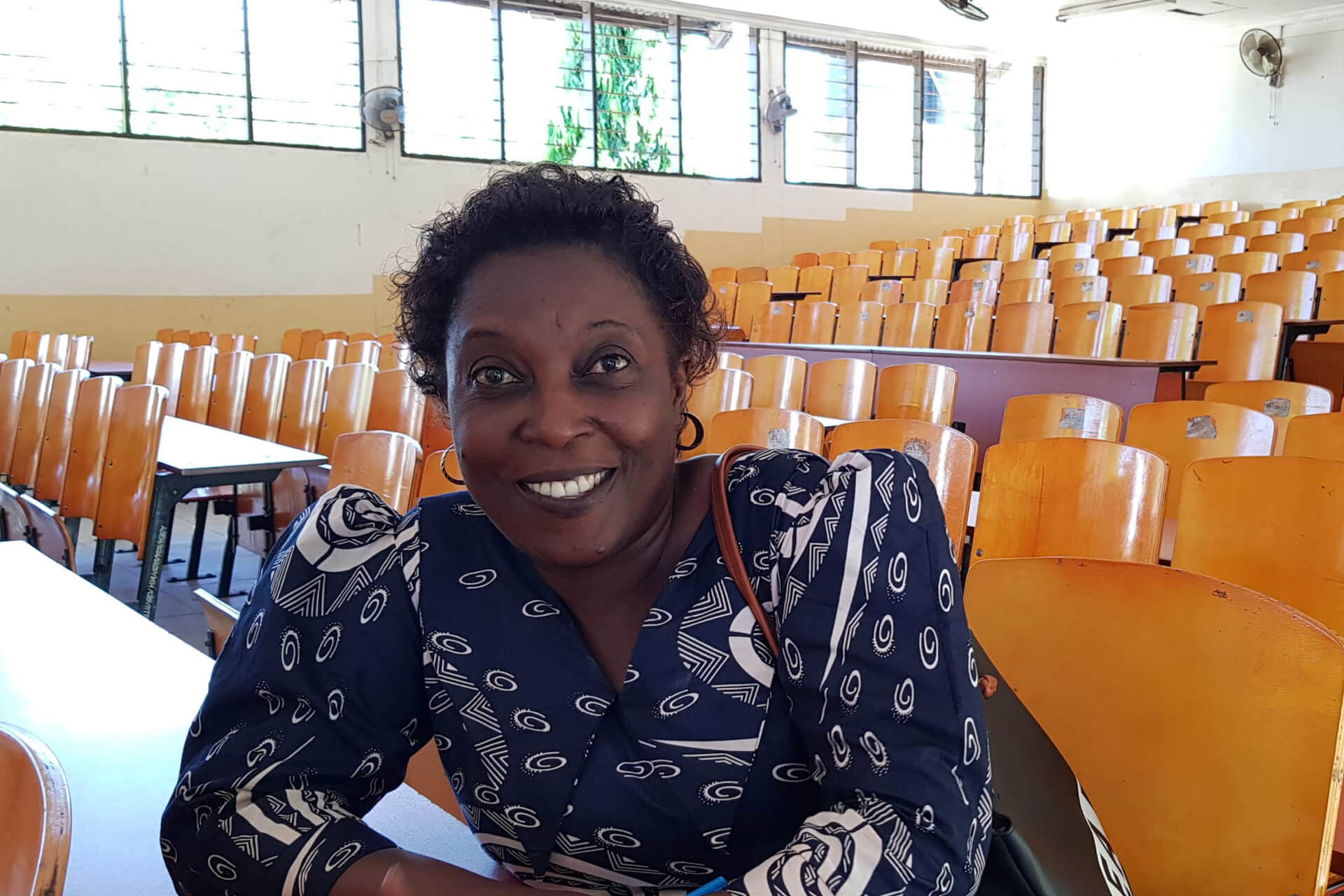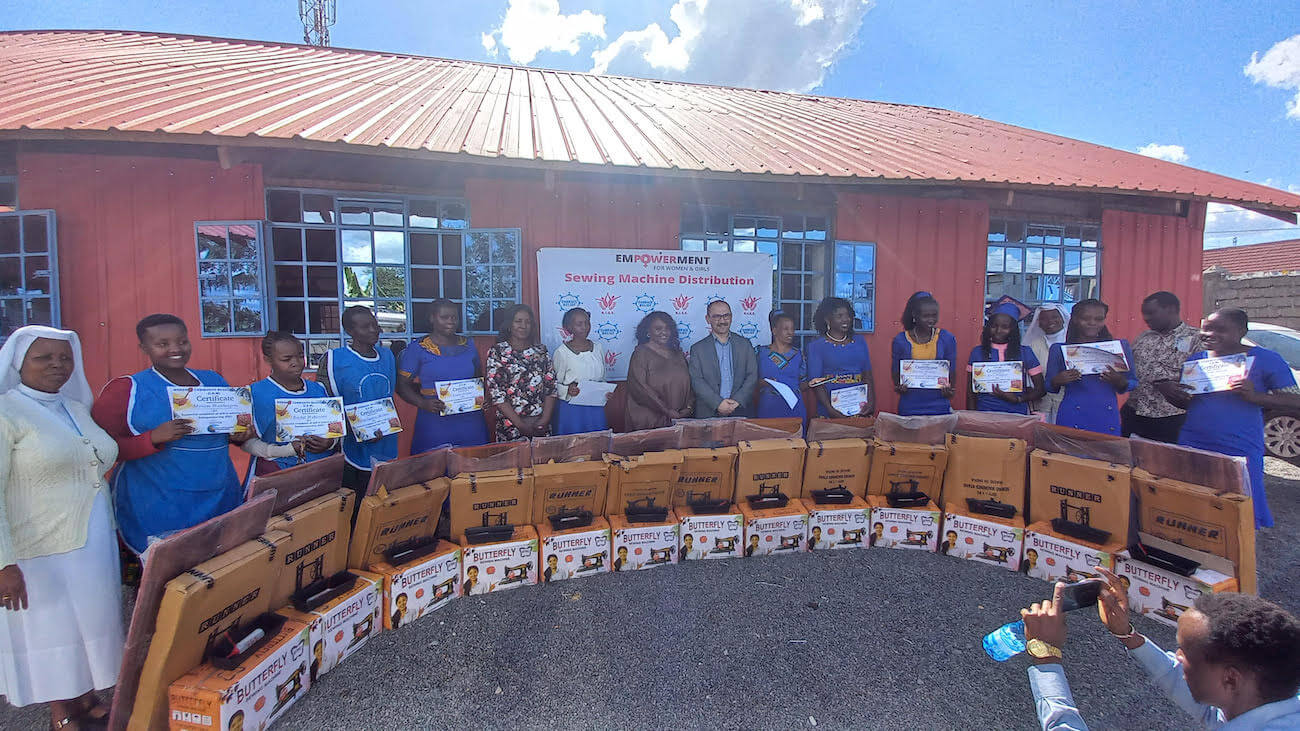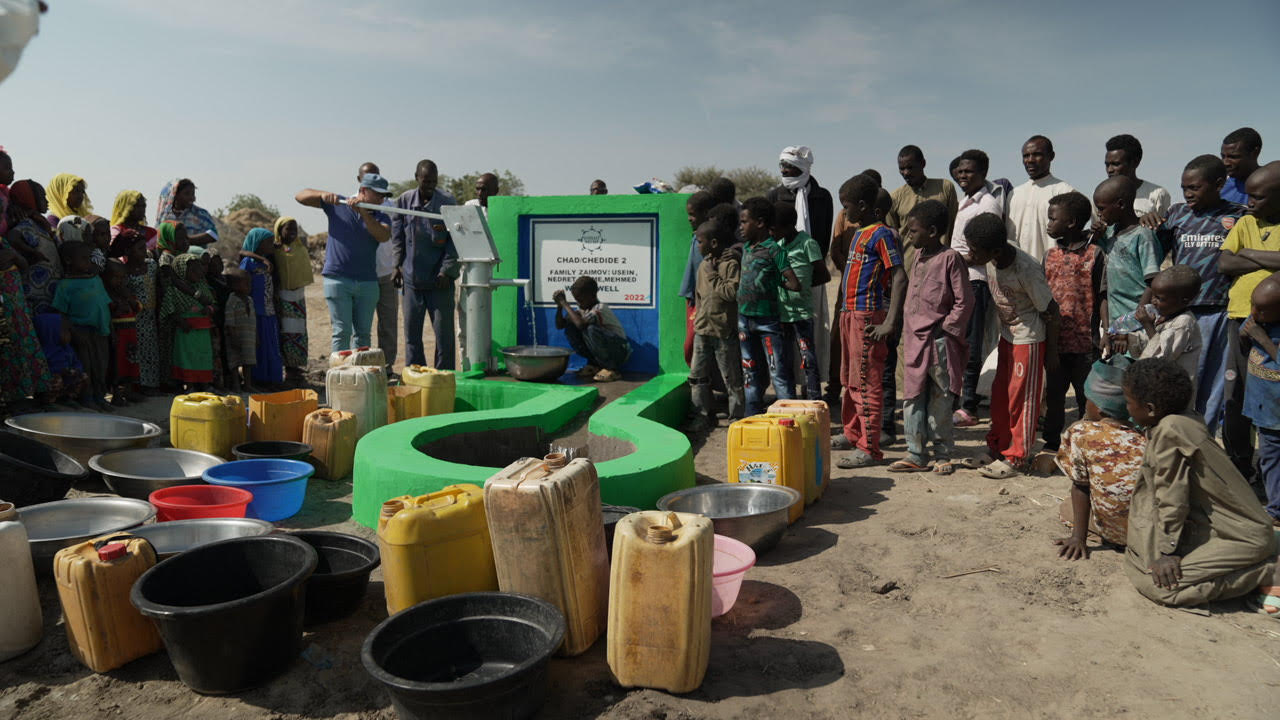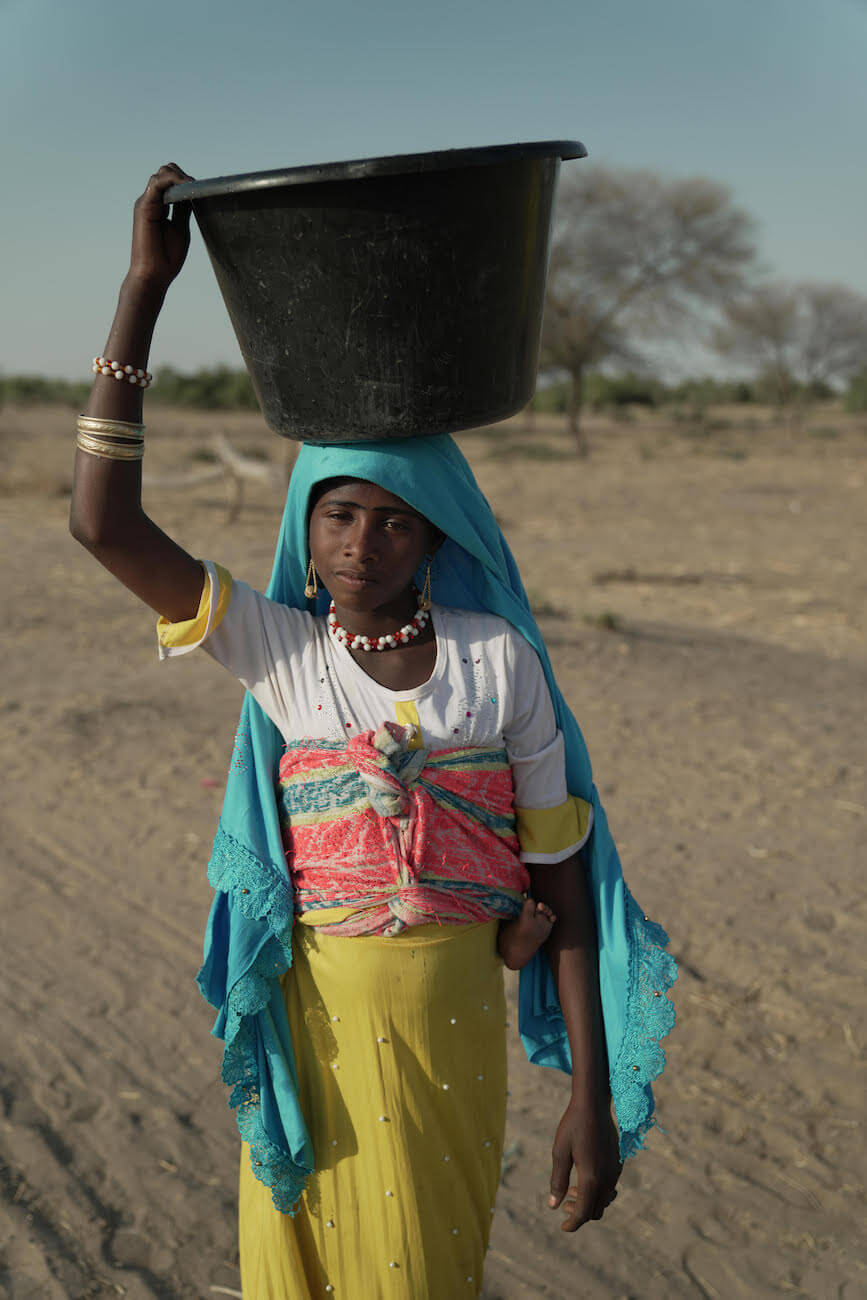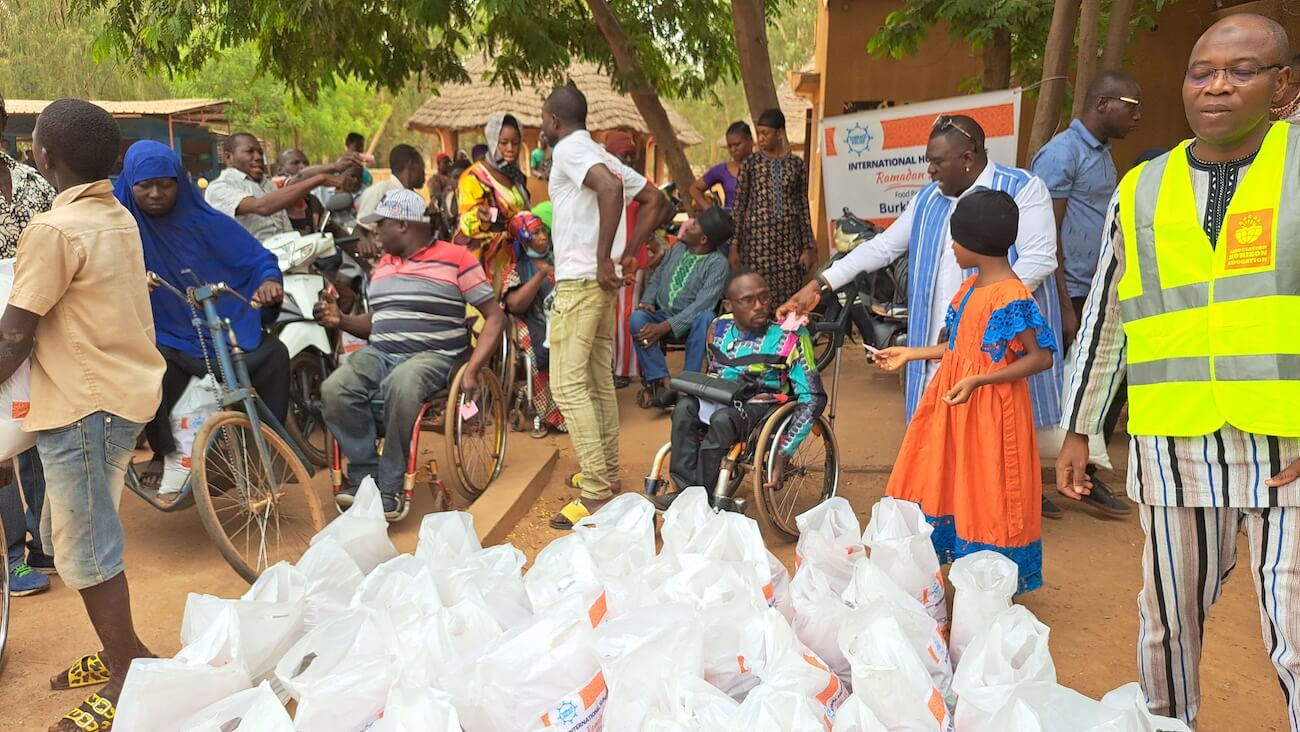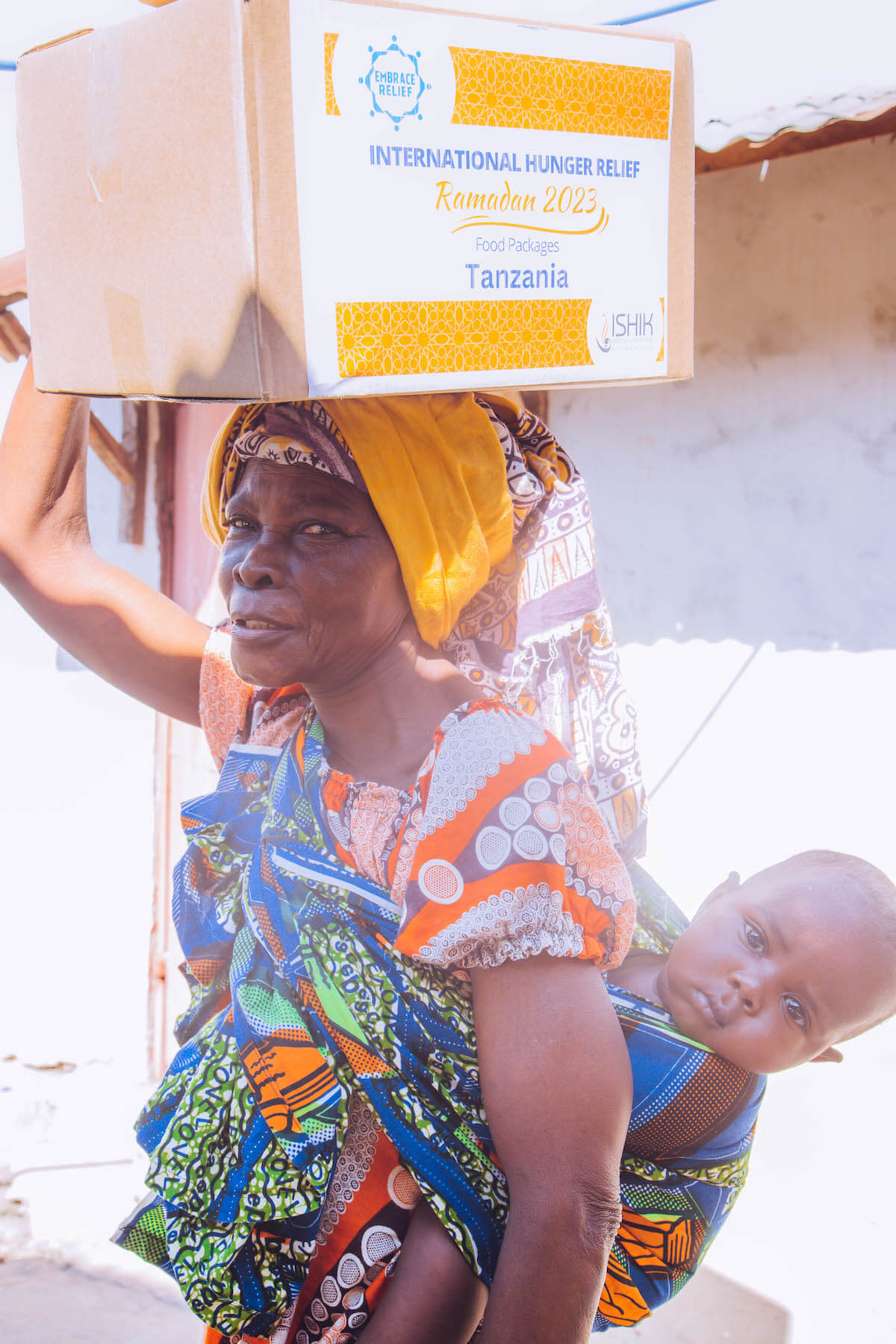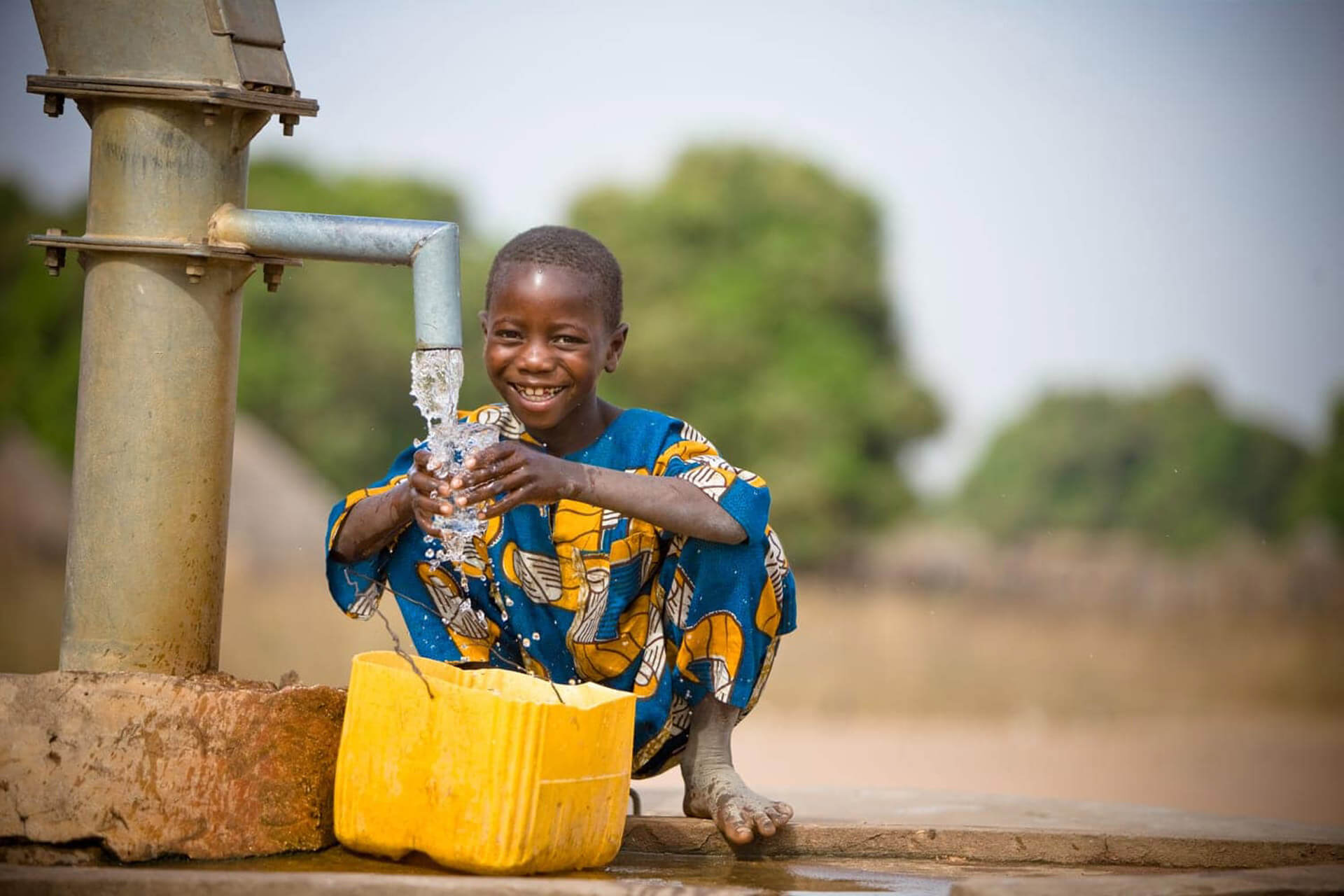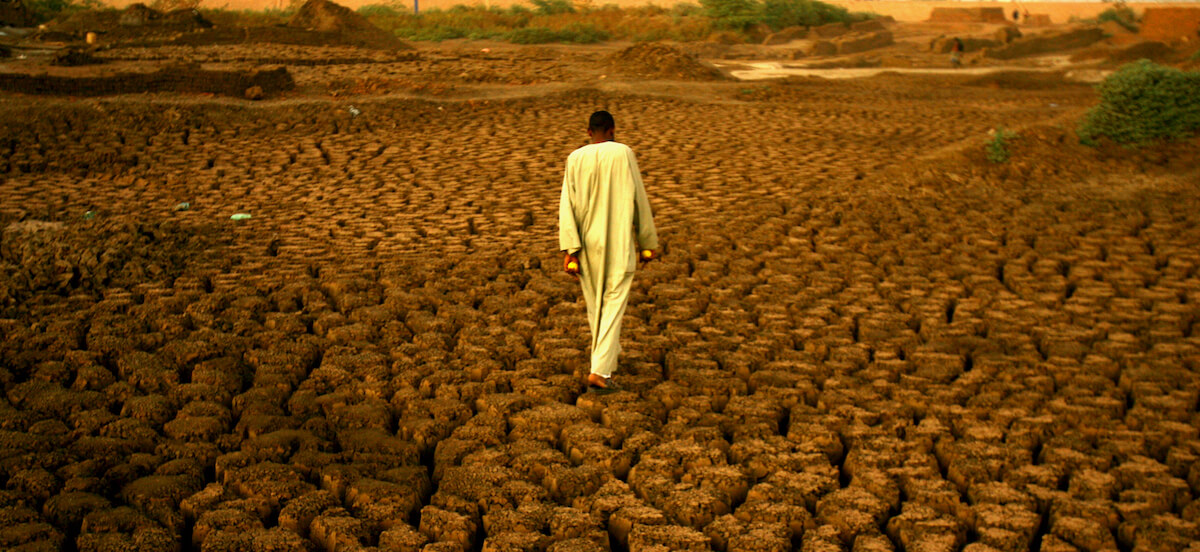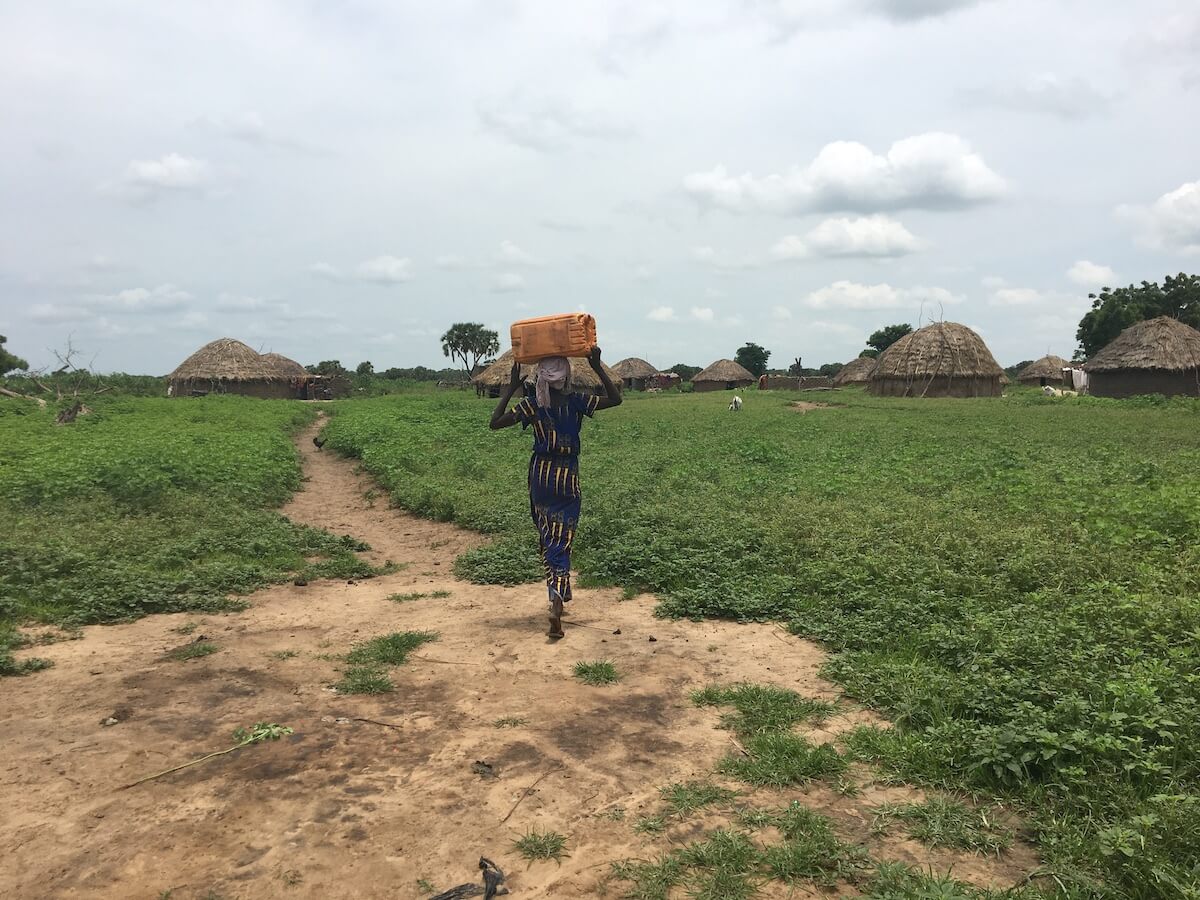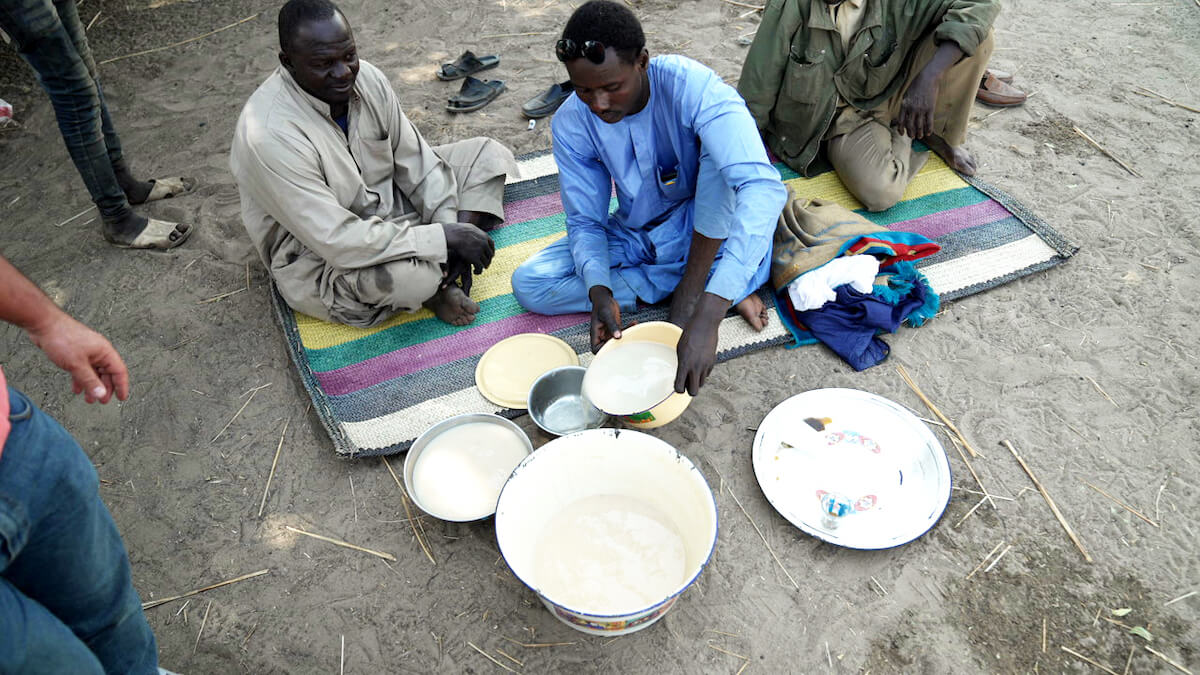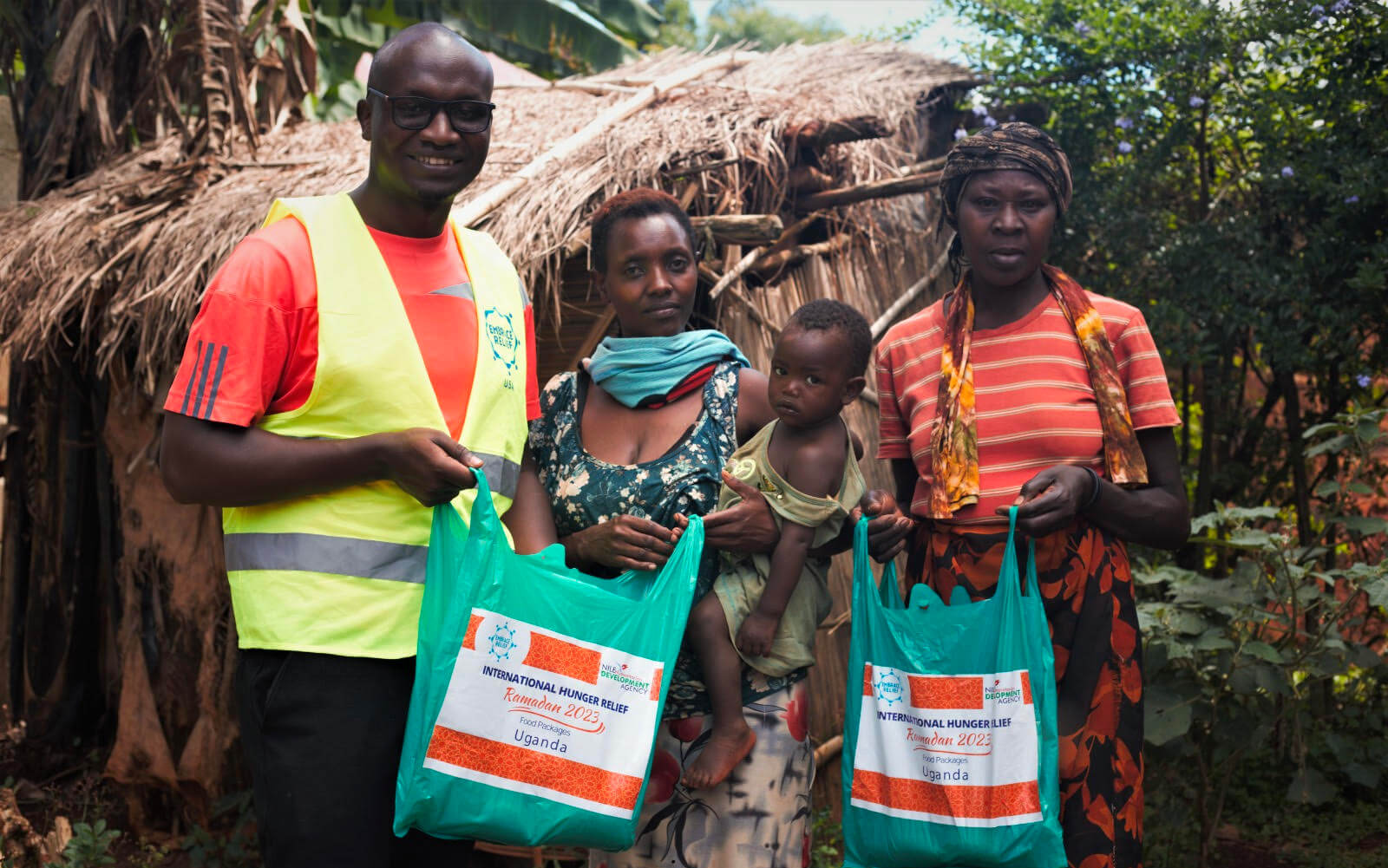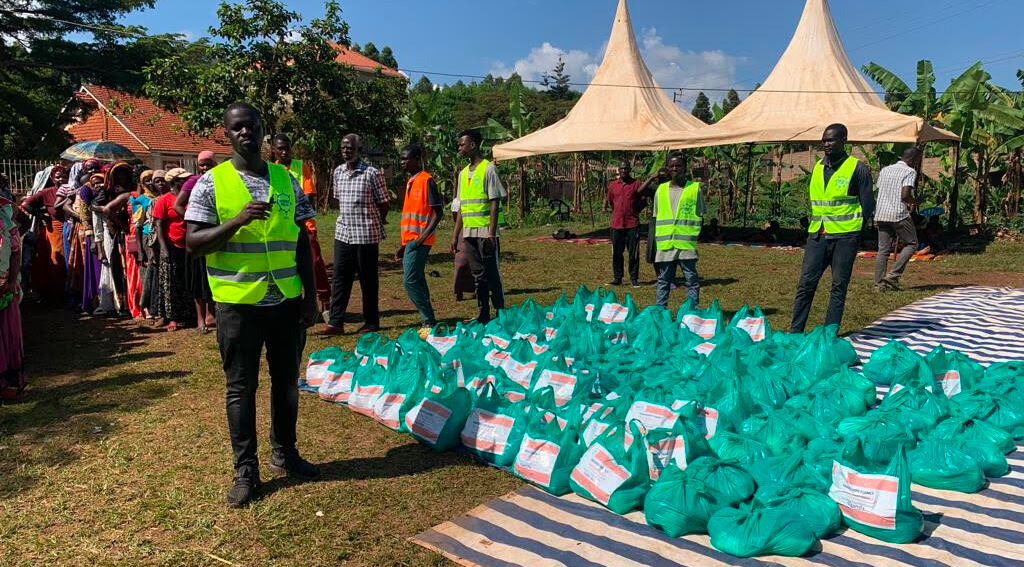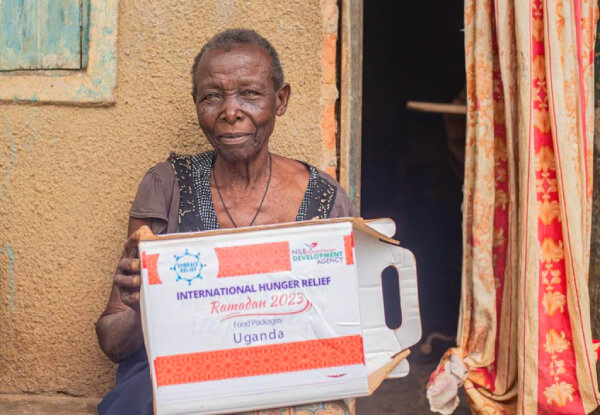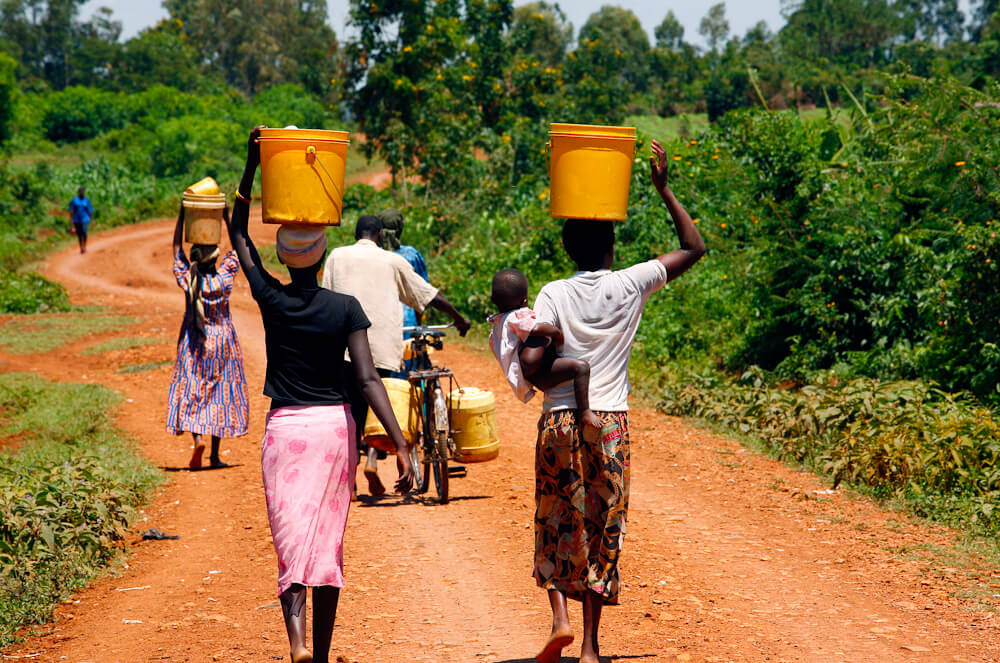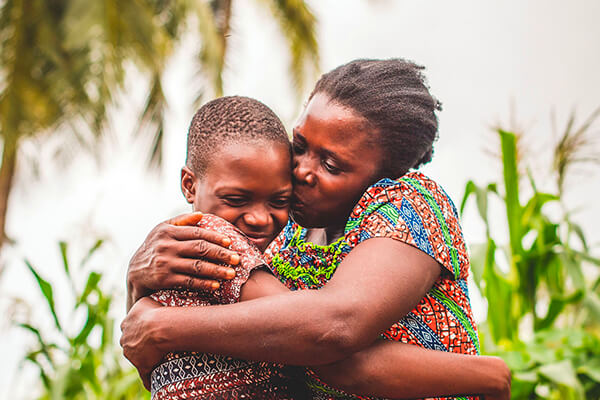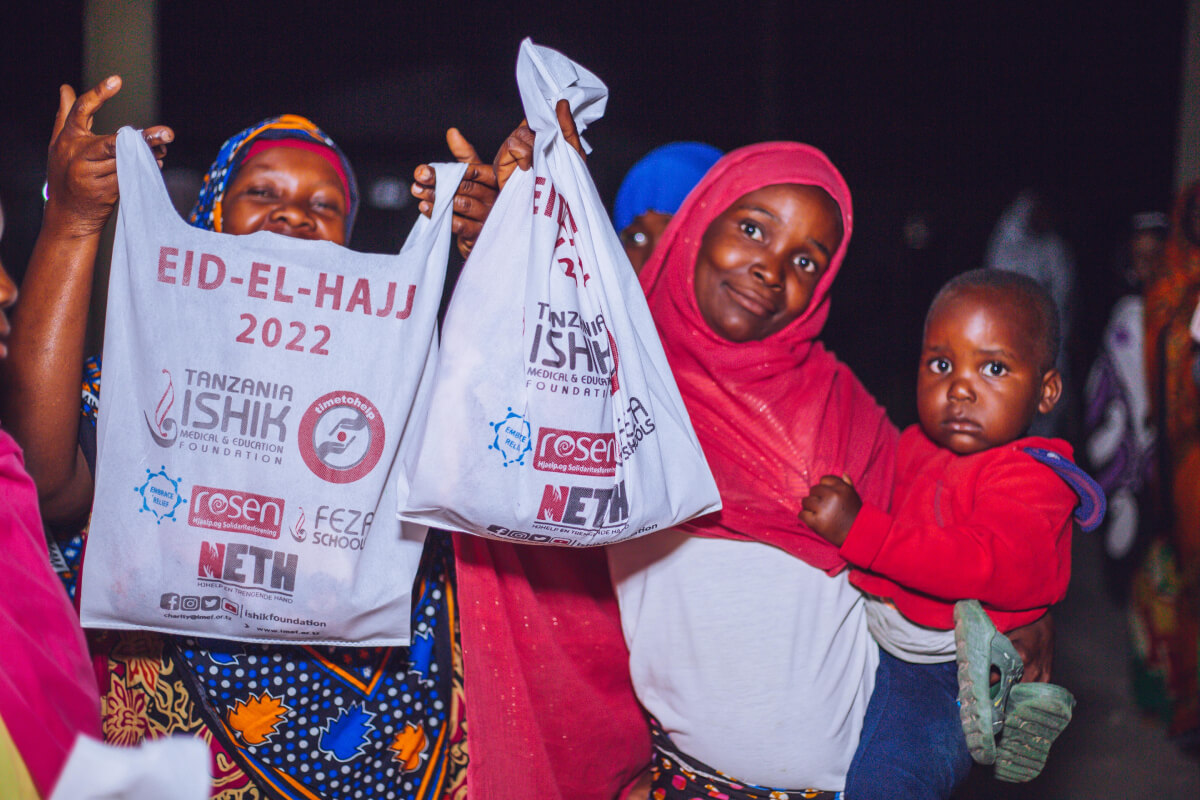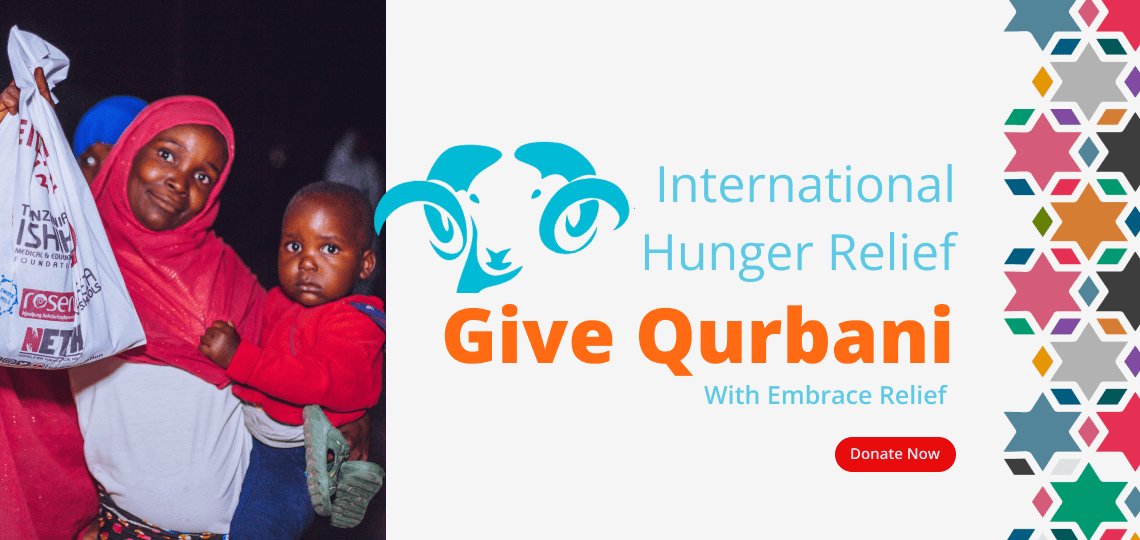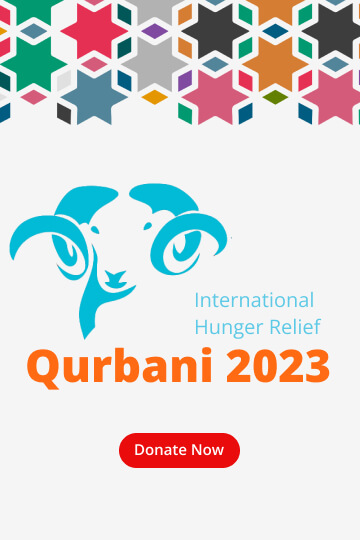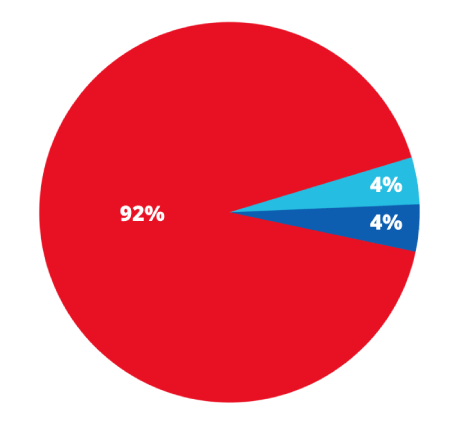Thirteen women in Kenya recently took the next step in their careers – with an assist from Embrace Relief.
On May 13, 2023, the Madonna Community Resource Center in Githurai, about a half-hour’s drive northeast of Kenya’s capital city, Nairobi, held a ceremony to celebrate the graduates of a three-month tailoring training course. And at this ceremony, they received a very important gift, thanks to a donation from Embrace Relief: their very own sewing machines.
On May 13, 2023, the Madonna Community Resource Center in Githurai, about a half-hour’s drive northeast of Kenya’s capital city, Nairobi, held a ceremony to celebrate the graduates of a three-month tailoring training course. And at this ceremony, they received a very important gift, thanks to a donation from Embrace Relief: their very own sewing machines.
This gift will open up great possibilities for the graduates: with their own machines, these 13 women will have the means to open their own tailoring business, provide for their own livelihoods, and be of great service to their local communities.
The aim of the Madonna Community Resource Center is to uplift the dignity of women, young people, and the vulnerable in society by providing necessary social services. This is aligned perfectly with Embrace Relief’s mission, making for a natural partnership: women’s empowerment is a key focus for Embrace Relief, as our R.I.S.E. program has supported the education and training of women in Tanzania since 2021.
At the May 13 ceremony, which also celebrated Women’s Day, the graduates performed dances, recited poems, and gratefully received their certificates of course completion, as well as their sewing machines. Finally, a cake was brought out to celebrate all of the women of Githurai who are struggling, and the graduates danced and sang in their honor.
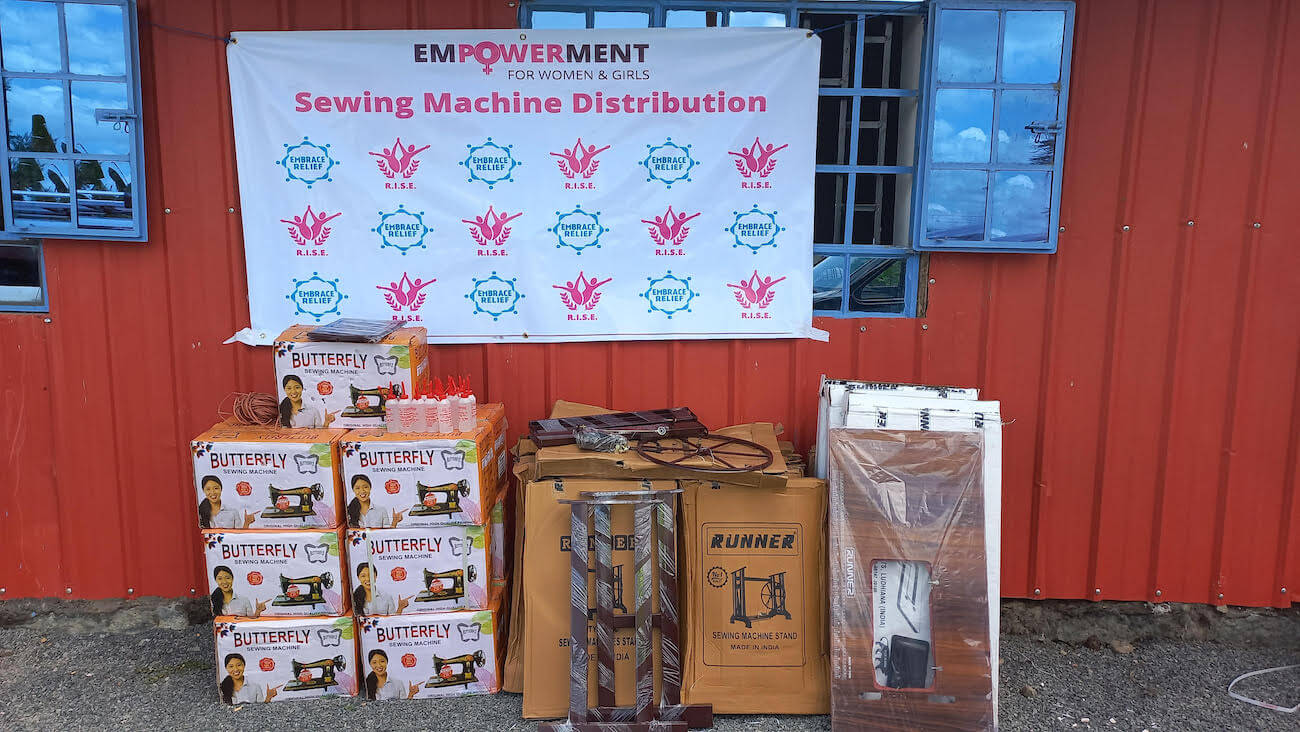
Empowering women makes our societies wealthier, happier, and more productive. That’s why Embrace Relief is committed to supporting the education and skill development of women around the world. To help support this mission, you can donate to Embrace Relief’s Women’s Empowerment program below:
